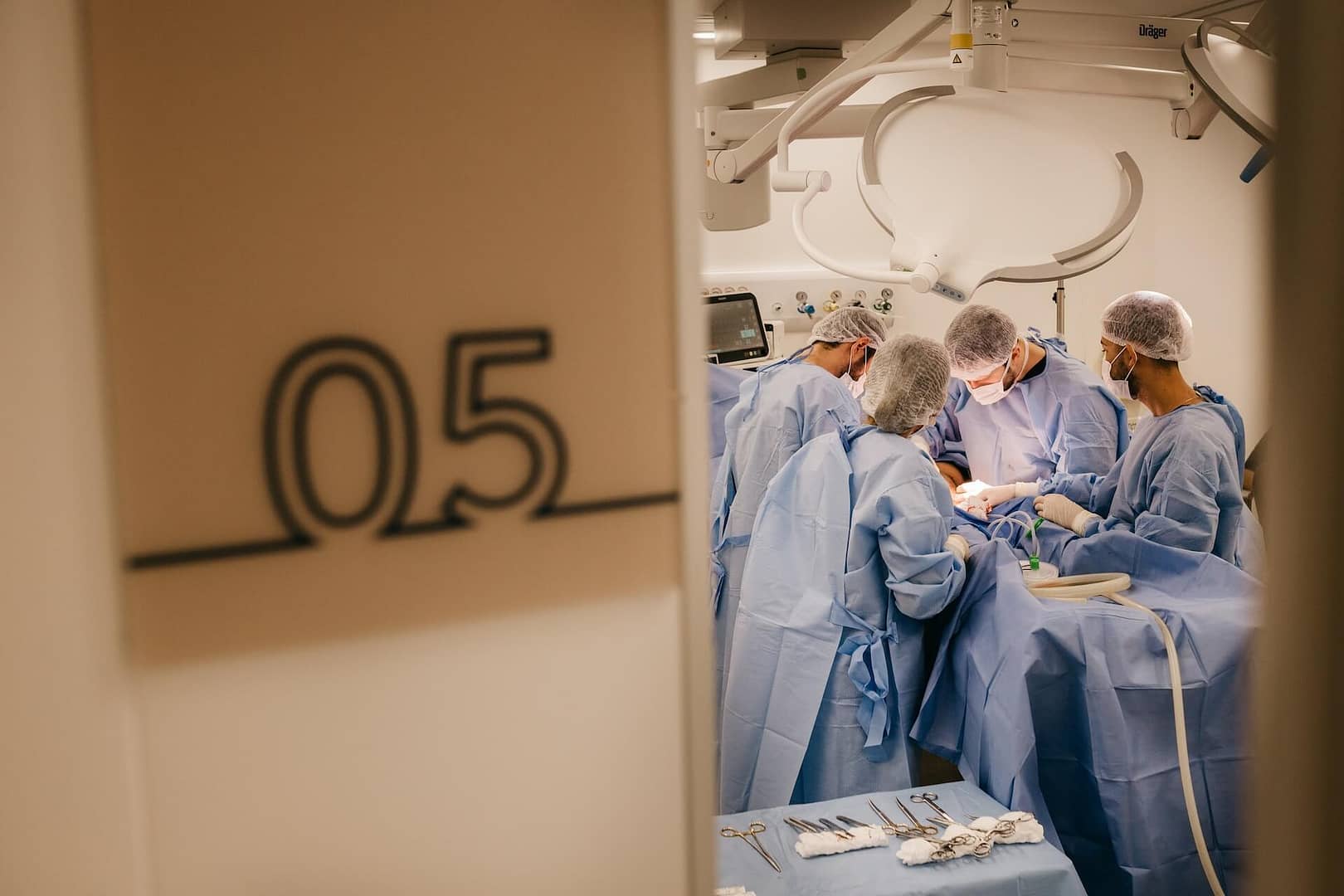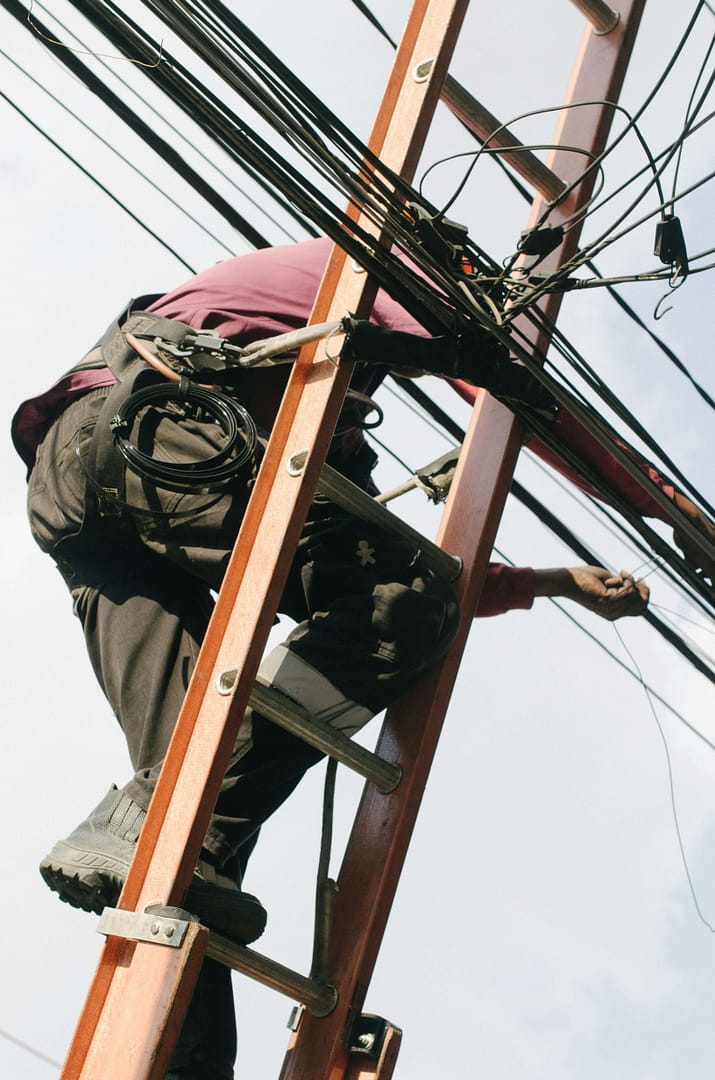Crisis communication in healthcare is a delicate dance, especially when it comes to managing the fallout of clinical negligence. In the United Kingdom, as in many parts of the world, the impact of poor communication in healthcare settings can be profound. It not only affects patient outcomes but can also lead to an increase in malpractice claims. Let’s delve into the intricacies of crisis communication, exploring the role it plays in the aftermath of clinical negligence and understanding the concept of breach of duty.
The Domino Effect of Poor Communication
Communication breakdowns in healthcare can set off a domino effect with far-reaching consequences. Imagine a scenario where a patient is subjected to clinical negligence due to a miscommunication between healthcare professionals. The repercussions of such incidents extend beyond the immediate medical consequences. Patients and their families, already grappling with the physical and emotional toll of negligence, often find themselves in the midst of a communication vacuum.
In the absence of clear, transparent communication, patients may feel abandoned, confused, and betrayed. It is at this juncture that the seeds of malpractice claims are sown. Research indicates that a significant number of malpractice claims stem from dissatisfaction with communication rather than the actual medical error itself. This underscores the pivotal role effective communication plays in mitigating the fallout of clinical negligence.
Breach of Duty: Unravelling Clinical Negligence
To comprehend crisis communication in the context of clinical negligence, one must first understand the legal concept of breach of duty. In healthcare, professionals owe a duty of care to their patients. When this duty is breached, resulting in harm to the patient, it constitutes clinical negligence. The breach could be an act of commission or omission, a failure to adhere to the standards expected of a competent healthcare professional.
Imagine a surgeon neglecting to follow proper pre-operative procedures, leading to an avoidable complication. This breach of duty goes beyond the realm of medical error; it becomes a breach of the trust patients place in their healthcare providers. In such situations, effective crisis communication becomes not only a strategy for damage control but a moral imperative.
Navigating the Storm: Crisis Communication Strategies
In the aftermath of clinical negligence, healthcare institutions find themselves navigating a storm of public scrutiny, legal challenges, and damaged reputations. How they communicate during this crisis can make the difference between salvaging trust and facing irreparable damage. Let’s explore some essential crisis communication strategies tailored for healthcare settings.
Transparent Acknowledgment
Begin by acknowledging the incident openly and transparently.
Use clear and jargon-free language to ensure understanding by all stakeholders.
Empathy and Compassion
Express genuine empathy and compassion for the affected parties.
Demonstrate a commitment to understanding and addressing their concerns.
Timely Communication
Time is of the essence. Communicate promptly to prevent misinformation.
Keep all stakeholders informed about the steps being taken to address the situation.
Media Management
Develop a media strategy to manage external communication.
Control the narrative by proactively sharing accurate information.
Learning and Improvement
Highlight steps taken to prevent a recurrence.
Emphasise the institution’s commitment to continuous learning and improvement.
The Legal Landscape: Navigating Accountability
In the United Kingdom, the legal landscape surrounding clinical negligence is intricate. The NHS Litigation Authority, now part of NHS Resolution, plays a crucial role in handling claims against healthcare providers. However, crisis communication goes beyond legal manoeuvres; it is about taking responsibility and demonstrating accountability.
When breach of duty leads to clinical negligence, the fallout is not confined to the courtroom. Public opinion, patient trust, and the reputation of the healthcare institution hang in the balance. Crisis communication becomes the bridge between legal proceedings and rebuilding trust within the community.
Making a Clinical Negligence Claim with National Claims
In the unfortunate event of experiencing clinical negligence, individuals may explore the option of making a claim. National Claims, as a representative in this scenario, plays a pivotal role in guiding claimants through the claims process. Understanding the intricacies of crisis communication, we ensure that our clients are heard, informed, and supported.
Navigating the Claim Process
We aim to simplify the claims process for clients.
Providing clear and concise information, they assist claimants in understanding their rights and options.
Communication Support
Recognising the importance of effective communication, National Claims acts as a liaison between claimants and healthcare institutions.
Ensuring that communication is transparent, timely, and empathetic is a cornerstone of their approach.
Empowering Clients
National Claims empowers clients by keeping them informed about the progress of their claims.
Through transparent communication, we aim to alleviate the stress associated with the legal and emotional aspects of the process.

Conclusion
As we reflect on crisis communication in the context of clinical negligence, it becomes evident that it is not merely a professional obligation but a humane responsibility. The ability to communicate with empathy, transparency, and a commitment to improvement defines the character of healthcare institutions in the face of adversity. In the United Kingdom and beyond, the lessons learned from managing the fallout of clinical negligence underscore the enduring importance of communication in the healthcare landscape.
In the realm of healthcare, crisis communication is not just a reactionary measure; it is a pathway towards renewal. The fallout of clinical negligence is a severe test of an institution’s commitment to transparency, accountability, and patient well-being. By embracing effective communication strategies, healthcare providers can navigate the storm, rebuild trust, and emerge stronger.
Start your claim today with the help of one of our claims specialists by getting in contacting us.
Click below to see why we are one of the most trusted claims management companies in the UK.

We’re proud of our excellent customer reviews
We thrive on delivering exceptional service and ensuring our clients’ satisfaction. Don’t just take our word for it. Check out some of our independent reviews to see what our clients have to say.
Excellent

This firm is excellent, they sorted out my car pay out and injury claim very fast, they always communicate with you all the time.

My accident case was dealt with confidence and with great result of the outcome, especially James kept me informed all the time.

I was very impressed at the way my inquiry was treated. I was listened to attentively and everything I needed to know was explained to me.






